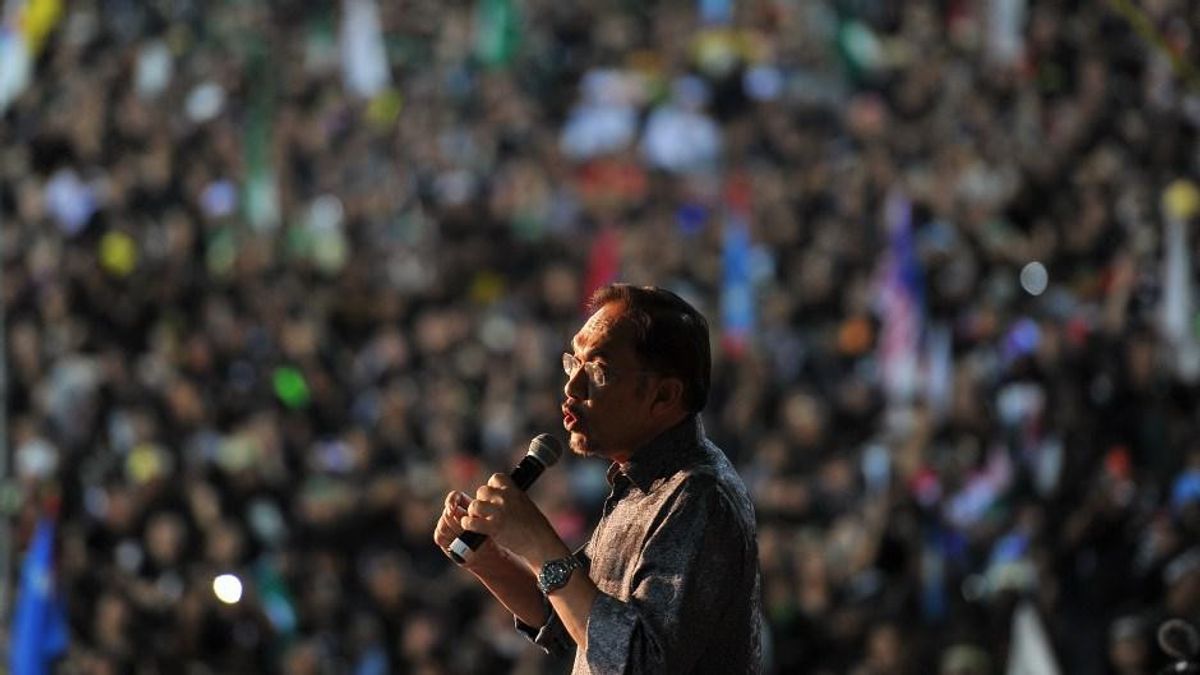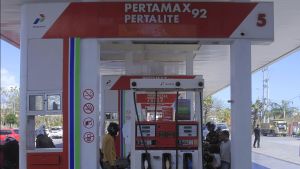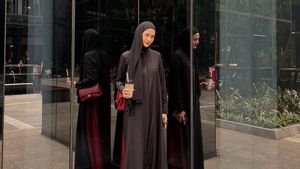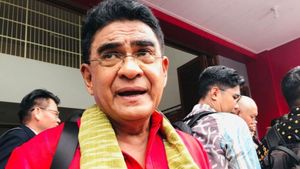JAKARTA - Malaysia's King Al-Sultan Abdullah Ri'ayatuddin Al-Mustafa Billah Shah appointed opposition leader Anwar Ibrahim as prime minister on Thursday, with a number of homework (PR) waiting for him.
This appointment ends the five-day unprecedented post-election crisis, along with inconclusive results.
The decision on the prime minister fell to Malaysia's King or Yang-Pertuan Agong, after Anwar and Muhyiddin missed Tuesday afternoon's deadline to form a ruling alliance.
The coalition, known as Pakatan Harapan, won the most seats in Saturday's vote with 82, while the Muhyiddin National Blocks won 73. They need 112, a simple majority, to form a government.
Anwar led a multiethnic coalition of parties with a progressive trend. Meanwhile, the Muhyiddin alliance reflects a more conservative view, the Malay ethnic Muslim.
His supporters expressed hope that the Anwar government would prevent the return of historic tensions between ethnic Malays, the Muslim majority, and ethnic Chinese and Indian minorities.
"What we want is moderation for Malaysia and Anwar to represent that," said a communications manager in Kuala Lumpur, who asked to be identified under the Tang family name.
"We cannot have a country that is divided by race and religion, because it will make us back down another 10 years," he continued.
Separately, in an interview before Anwar's election told Reuters he would seek to "suppress government and anti-corruption, rid Malaysia of racism and religious efficacy" if he was appointed prime minister.
The Blok Muhyiddin includes the PAS Islamic party, whose electoral victory raises concerns among members of the Chinese ethnic community and ethnic India, most of whom adhere to other religions.
Earlier, authorities warned after a weekend vote on increasing ethnic tensions on TikTok's social media and short video platforms, saying it was very alert to content that violated its guidelines.
Social media users have reported a lot of TikTok posts since the election, citing riots in the capital, Kuala Lumpur, on May 13, 1969, which killed about 200 people, days after opposition parties backed by ethnic Chinese voters made a breakthrough in the election.
Police told social media users to refrain from provocative posts, saying they were setting up 24-hour checkpoints on roads across the country, to ensure public peace and security.
As prime minister, Anwar must also tackle soaring inflation and slowing growth, as he seeks to recover from the coronavirus pandemic.
The most pressing issue is the budget for next year, which was put forward before the election was held but has not yet been passed.
No less important, Anwar also had to negotiate agreements with lawmakers from other blocs, to ensure he could maintain majority support in parliament.
"Anwar is lifted at a critical moment in Malaysia's history, where politics is most cracked, recovering from a depressed economy and bitter COVID memory," said James Chai, guest researcher at the ISEAS-Yusof Ishak Institute in Singapore.
"It is always considered as a person who can unite all the warring factions, it is appropriate for Anwar to appear in a divisive era," he said.
The English, Chinese, Japanese, Arabic, and French versions are automatically generated by the AI. So there may still be inaccuracies in translating, please always see Indonesian as our main language. (system supported by DigitalSiber.id)













